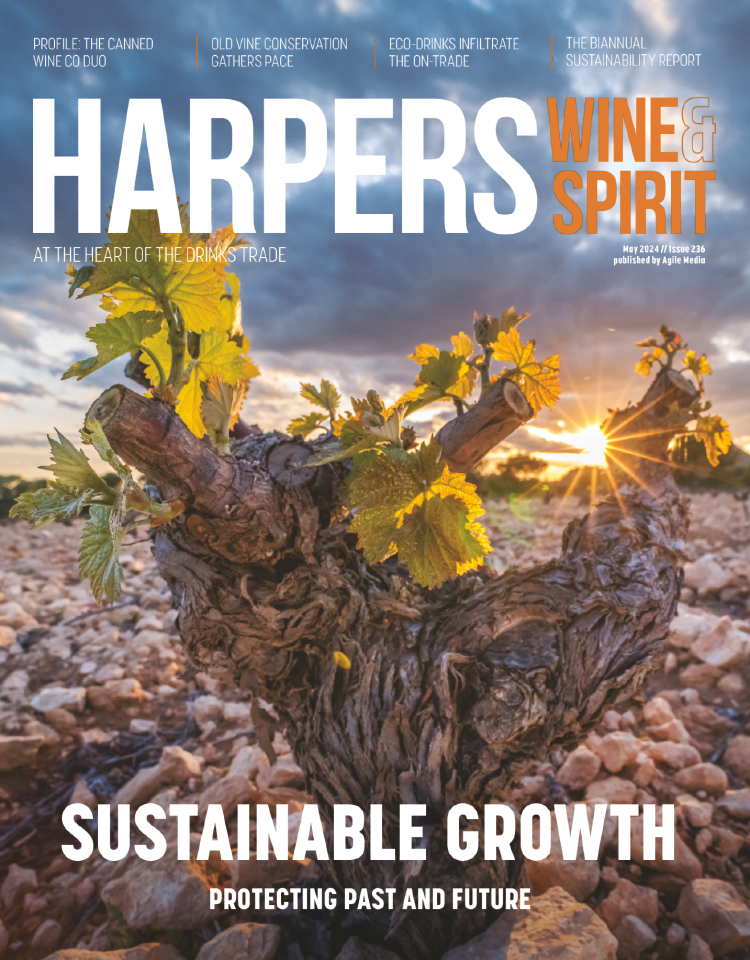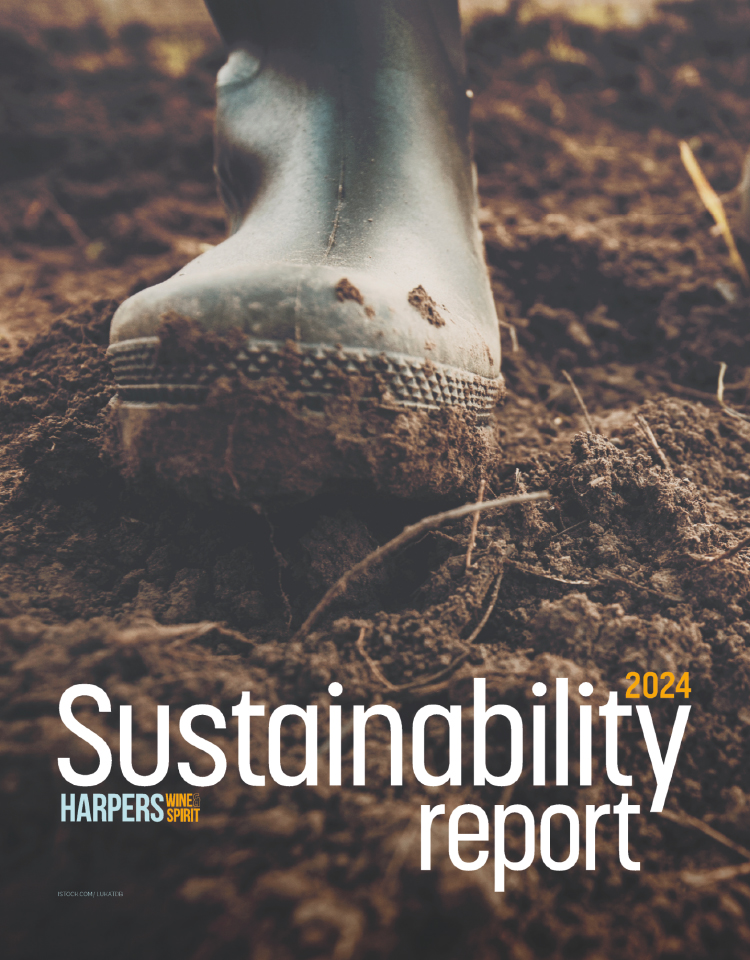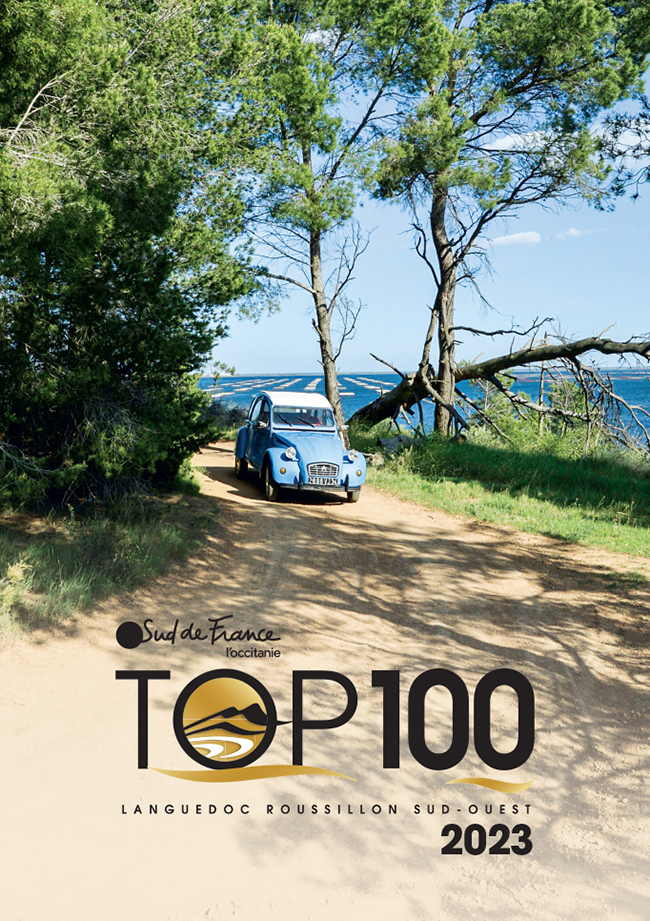
WSTA presents “unequivocal argument” for free trade, but will ministers listen?
An industry meeting with Defra has re-ignited some of the biggest questions around Brexit and what threats our departure from Europe poses to the wine and spirits industry.
Harpers has been following The Wine and Spirit Trade Association’s valiant efforts to engage government in conversations around Brexit with interest.
The phrase ‘banging a head against a brick wall’ does come to mind however, especially when considering the amount of attention that ministers paid earlier this year to the association’s warnings around increasing wine and spirits duty in an already fragile climate.
Inevitably, increases followed – this year across the wine, beer and spirits board, in line with inflation.
Could the extra 8p on a bottle of wine and 43p for a bottle of gin be put towards securing the longevity of the 277,000 UK jobs that the industry supports?
Not on this government’s watch!
But a potential Brexodus of EU workers leaving the UK aside, the other main issue surrounding Brexit is of course, the web of historic free trade agreements (FTA) which could disappear overnight if the Brexit shutters come down hard in 2019.
This formed the crux of discussions between the WSTA and ministers when the association attended a food and drink roundtable led by secretary of state, Michael Gove, last week.
At the meeting, the WSTA’s Miles Beale put forward the case for negotiating interim and long-term FTAs.
He argued for this to happen as quickly as possible with admirable optimism, pointing to the “unequivocal economic argument” for making sure that trade continues to flow across borders unhindered.
As the world’s second biggest importer of wine by value (the UK imported £3.19 bn worth of wine in 2016, second only to the US at £4.51 bn) and the biggest exporter of spirits, the UK certainly plays a significant role in the UK’s economy.
And the WSTA is right to focus on securing FTAs, which are one of the main ways to reduce trade barriers and to increase trade of goods and services via collaboration between two countries.
They also encompass the issue of tariffs, aka import duties.
Currently, tariffs don’t apply to goods being imported to the UK from Europe and vice versa because we are part of the EU trading bloc.
Through our membership with the EU, we also have free trade with countries like Chile, which has an FTA with the EU bloc.
“Wines from South Africa would also be hit as they currently have virtually tariff-free access to the EU market under a system of quotas negotiated with the EU,” Simon Stannard, the WSTA’s European affairs director, said to Harpers recently regarding the EU’s zero-tariff agreement with the country.
He also called for a phased implementation of Brexit over a longer time frame – for example, over five years from now, which would allow the UK a higher likelihood of negotiating a free-trade deal with Europe.
Stannard and the WSTA aren’t the only ones who are calling for such an interim deal to ensure the wheels of trade are greased ahead of the UK’s formal departure in 2019.
Voices from other industries are also speaking up, including those at Society of Motor Manufacturers and Traders, which recently called on ministers to keep the UK in the EU single market and customs union for at least five years, or risk “permanent damage” to the car industry.
Allowing for a longer transitional period would be tantamount to a soft Brexit, which as we all know, isn’t in Theresa May’s Brexit blueprint.
What we as an industry should be prepared for – and what May has promised - is a hard Brexit whereby the UK “will essentially be pulled out of the EU in March 2019, and cut off from any free trade with Europe whosoever”, according to Stannard.
However, with May’s place at the helm of the Tories looking ever more unstable, and the public voting with their feet on the issue of a hard Brexit, it seems plausible, if not possible, that the WSTA’s warnings might not have fallen on deaf ears.





